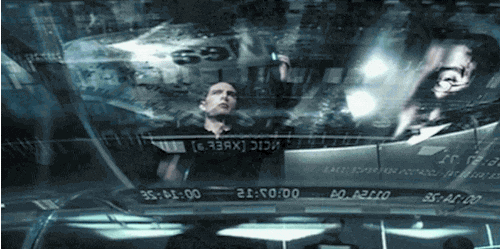Minority Report, directed by Steven Spielberg in 2002, is a film that explores the potential consequences of advanced technology on society. The movie's premise revolves around "Pre-Crime," a system where law enforcement uses psychics to predict and prevent crimes before they happen. While this concept may seem like science fiction, it raises several thought-provoking questions about our future with artificial intelligence (AI) and data privacy.
One of the most significant social implications of Minority Report is the impact on individual freedom and autonomy. In a world where every action can be predicted beforehand, what happens to personal choice? If individuals know that their actions will lead them down a predetermined path, does this negate their ability to make free decisions? This raises concerns about how much control society should have over an individual's life and whether it is ethical for governments or corporations to dictate one's future based on predictions.
Another aspect of Minority Report that highlights its social implications is the role of technology in shaping our lives. The film showcases a world where advanced AI systems are used not only for crime prevention but also for various other aspects of daily life. While this can lead to increased safety and efficiency, it also brings up questions about data privacy and security. As more information becomes digitized, there is an inherent risk that sensitive personal details could be misused or fall into the wrong hands. This highlights the importance of robust cybersecurity measures and regulations to protect citizens' rights to privacy.
In conclusion, Minority Report serves as a cautionary tale about the potential consequences of advanced technology on society. It raises important questions about individual freedom, data privacy, and the role of AI in shaping our lives. As we continue to advance technologically, it is crucial that we consider these implications carefully and strive to create a future where innovation coexists with respect for human rights and freedoms.
